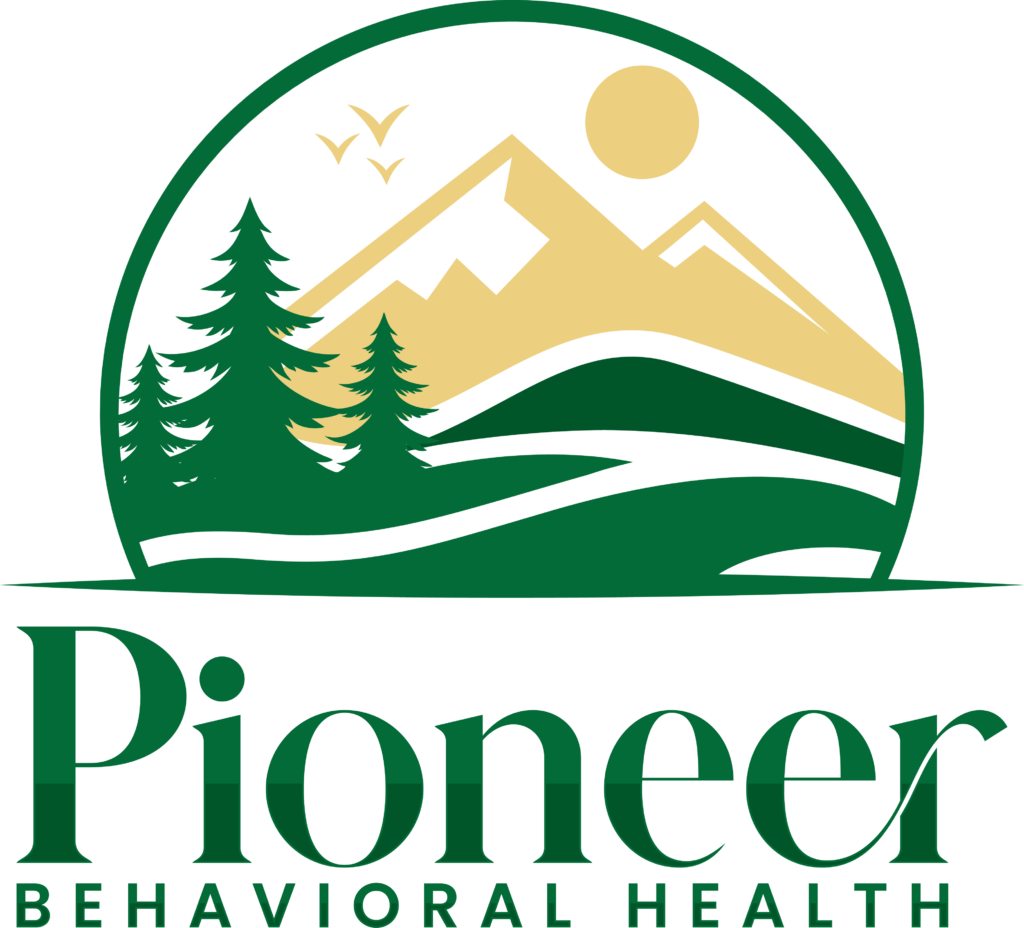Panic attacks can be sudden, intense episodes of fear that leave you feeling overwhelmed, short of breath, and often convinced that something terrible is happening. When combined with unresolved trauma—whether from a past event, ongoing stress, or post-traumatic stress disorder (PTSD)—these episodes can become even more debilitating. At Pioneer Behavioral Health, we understand the complex relationship between panic attacks and trauma, and we’re here to provide compassionate, evidence-based care to help you find lasting relief.
What Are Panic Attacks?
A panic attack is a sudden surge of anxiety or fear, often marked by physical symptoms such as a racing heartbeat, chest pain, sweating, trembling, and difficulty breathing. According to the National Institute of Mental Health (NIMH), panic attacks can occur without warning and may feel similar to a heart attack or other life-threatening medical event.
The Role of Trauma in Panic Attacks
Trauma—stemming from experiences like abuse, accidents, natural disasters, or combat—can leave an enduring impact on mental and emotional health. When someone has experienced trauma, certain triggers can cause the brain to react as if the danger is still present. These triggers may lead to panic attacks or other anxiety-related symptoms. Over time, unresolved trauma can contribute to chronic stress, PTSD, and persistent fear responses that make everyday life challenging.
How Pioneer Behavioral Health Helps
At Pioneer Behavioral Health, we offer a comprehensive approach that addresses both panic attacks and the underlying trauma. Our specialized services include:
- Individualized Assessments
We start by understanding your unique history, symptoms, and goals. This allows us to tailor a treatment plan specific to your needs. - Trauma-Informed Therapies
We utilize evidence-based therapies such as Cognitive Behavioral Therapy (CBT), Dialectical Behavior Therapy (DBT), and Eye Movement Desensitization and Reprocessing (EMDR) to help reframe harmful thought patterns and safely process traumatic memories. - Anxiety Management Techniques
Learning coping skills, relaxation methods, and grounding exercises can significantly reduce the intensity and frequency of panic attacks. - Medication Management
In some cases, medication may be part of your treatment plan to help stabilize mood and manage overwhelming symptoms. - Ongoing Support and Aftercare
Recovery is an ongoing journey. We offer continued support, group therapy options, and relapse-prevention strategies to ensure you have the resources you need long after initial treatment.
Reclaim Your Life from Panic and Trauma
No one should have to face panic attacks or the aftermath of trauma alone. If you or a loved one is ready to break free from the cycle of fear and anxiety, contact Pioneer Behavioral Health today. Our compassionate team is committed to guiding you toward a healthier future — one where panic attacks no longer dictate your life, and past trauma no longer holds you back.
Take the first step toward empowerment and healing with Pioneer Behavioral Health. Let us help you rediscover hope, resilience, and peace of mind.


